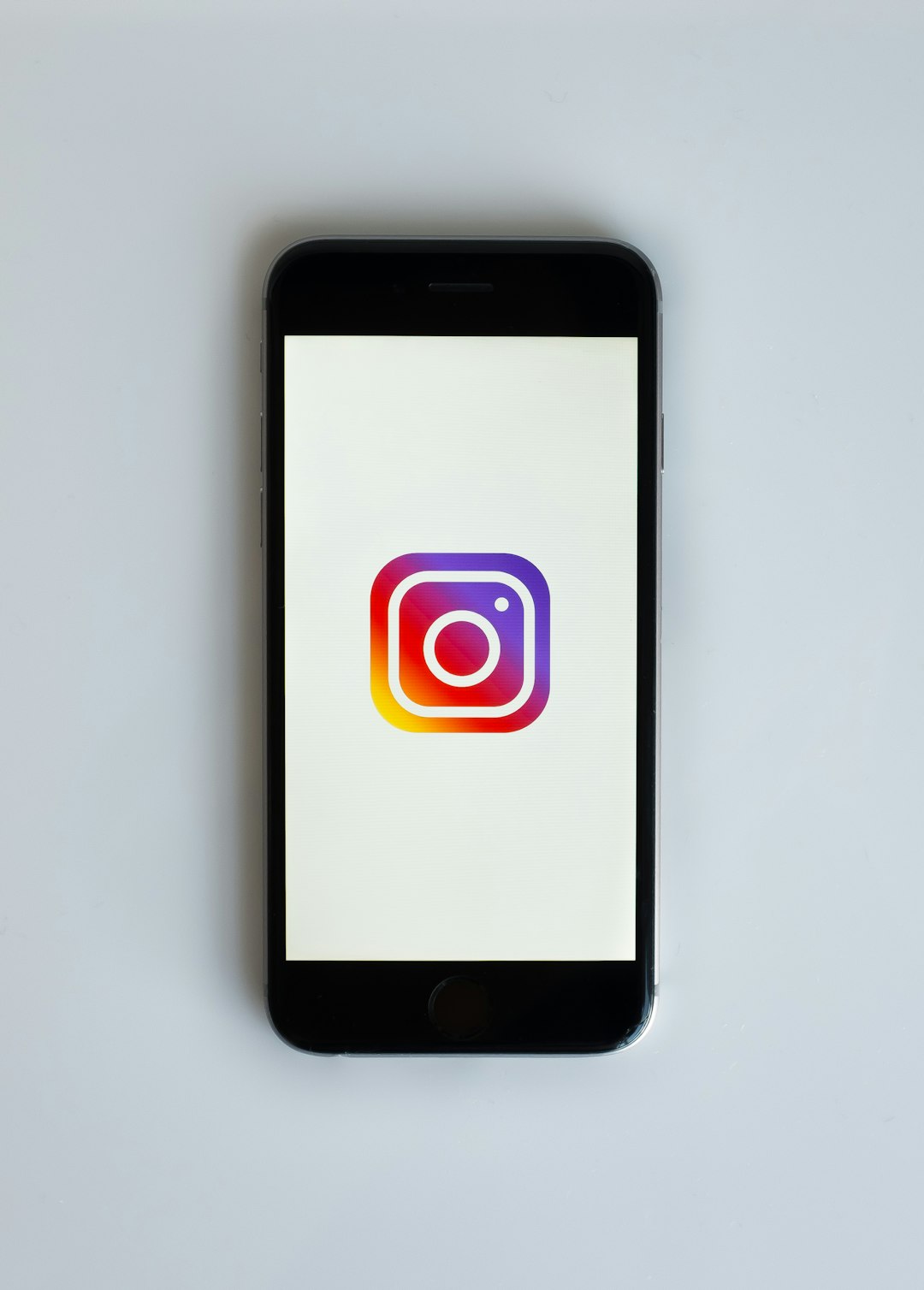In the digital age, robocalls have become a double-edged sword for businesses and public health officials in Colorado. While effective for disseminating critical information during emergencies, as evidenced by Greeley's successful mitigation efforts, they also raise privacy concerns and legal questions, such as "Can I Sue For Robocalls Colorado?" The Telephone Consumer Protection Act (TCPA) restricts robocalls without explicit consent, allowing residents to sue for damages. To balance efficiency with consumer protection, organizations must adopt personalized communication strategies and explore innovative solutions like AI-driven messaging. By combining these tactics, they can overcome robocall limitations, ensure effective public health announcements, and navigate legal considerations like "Can I Sue For Robocalls Colorado?"
In today’s digital age, robocalls have become a pervasive and often unwanted aspect of daily life. While their prevalence grows, particularly in public health announcements, their impact on community engagement and well-being is a growing concern. This article explores the role of robocalls in public health communication through Greeley, Colorado’s unique case study. We delve into legal considerations regarding robocall regulations and explore strategies to enhance effective communication amidst increasing robocall interference, including the question: Can you sue for unwanted robocalls in Colorado?
The Rise of Robocalls and Their Impact on Public Health

In today’s digital era, robocalls have become an increasingly prevalent form of communication, revolutionizing how businesses and organizations reach their audiences. These automated phone calls, often used for marketing purposes, have also found a significant role in public health announcements, offering a direct line to individuals across vast populations. The impact of robocalls on public health is substantial, especially when considering their ability to quickly disseminate critical information during emergencies or outbreaks.
While robocalls can be an effective tool for reaching many people simultaneously, the rise of these automated messages also raises concerns. Issues such as privacy invasions and unwanted calls have prompted discussions about regulations and even legal actions, including the possibility of “Can I Sue For Robocalls Colorado?” As public health officials strive to utilize technology to their advantage, understanding the balance between efficient communication and consumer protection is crucial to ensuring the success and acceptance of these methods.
Case Study: Greeley, Colorado—A City Navigates Robocall Overload

In Greeley, Colorado, a city grappling with an unprecedented surge in robocalls, residents found themselves navigating a labyrinthine nuisance. These automated calls, often promoting scams or unwanted services, flooded phone lines, leaving many wondering, can I sue for robocalls Colorado? The sheer volume disrupted daily life and prompted the local government to take action. As part of their public health announcement strategy, Greeley implemented innovative solutions to mitigate the robocall crisis.
City officials collaborated with telecom providers to deploy advanced filtering technologies that could distinguish legitimate calls from fraudulent ones. They also launched a community awareness campaign, educating citizens on how to block unwanted callers and report suspicious activities. In response, residents embraced these measures, fostering a safer and less chaotic communication environment. The Greeley case study offers valuable insights into the effective navigation of robocall overload, demonstrating that with concerted efforts, communities can reclaim their phone lines from persistent automated intrusions.
Legal Aspects: Can Residents Sue for Unwanted Robocalls in Colorado?

In Colorado, as in many other states, robocalls are regulated by laws designed to protect residents from unsolicited and unwanted phone calls. The Telephone Consumer Protection Act (TCPA) is a federal law that restricts automated or prerecorded calls to landlines and mobile phones without the caller’s explicit consent. In the context of public health announcements, this means local governments and health departments must adhere to these regulations when using robocalling services.
When it comes to residents suing for unwanted robocalls in Colorado, the TCPA provides a private right of action, allowing individuals to file suit against violators. If a resident can demonstrate that they received a robocall without their prior permission, they may be eligible to recover damages, including actual monetary losses or up to $500 per violation if the caller did not establish a valid “do not call” registry exemption. Understanding these legal aspects is crucial for both public health officials ensuring compliance and residents knowing their rights regarding unwanted robocalls.
Effective Communication Strategies in the Face of Robocall Interference

In an era where robocalls have become a ubiquitous nuisance, finding effective communication strategies is more crucial than ever, especially for public health announcements. With many individuals expressing frustration and even considering legal action, such as exploring Can I Sue For Robocalls Colorado, organizations must adapt to ensure their messages are heard. One approach is to personalize calls, making them less generic and more targeted, which can increase engagement and reduce the likelihood of annoyance.
Additionally, integrating multiple communication channels is vital. Combining robocalls with text messages, emails, and social media campaigns allows for a multi-faceted strategy that reaches a broader audience. This diverse approach helps in overcoming the challenges posed by automated calling systems, ensuring public health information is successfully disseminated despite potential interference.
Future Solutions: Enhancing Public Health Announcements Amidst Technology Challenges

In the digital age, public health announcements (PHAs) face new challenges and opportunities, particularly with the rise of automated robocalls. While robocalls have been a nuisance in various industries, including telecom and marketing, their use for PHAs presents unique advantages. For instance, during emergencies or rapid disease outbreaks, robocalls can quickly reach vast audiences, ensuring critical information spreads swiftly. This is especially beneficial in areas like rural Colorado, where traditional media access might be limited.
Looking ahead, to overcome the technological hurdles associated with robocalls and enhance their effectiveness, researchers and public health officials should explore innovative solutions. One potential approach could involve developing advanced algorithms that allow for personalized messaging, improving audience engagement. Additionally, integrating artificial intelligence could enable real-time data analysis, helping tailor PHAs to specific demographics. As consumers in Colorado and across the nation navigate the complex landscape of robocalls—including exploring legal options through Can I Sue For Robocalls Colorado—these technological advancements hold promise for better serving public health interests while ensuring compliance with privacy regulations.






